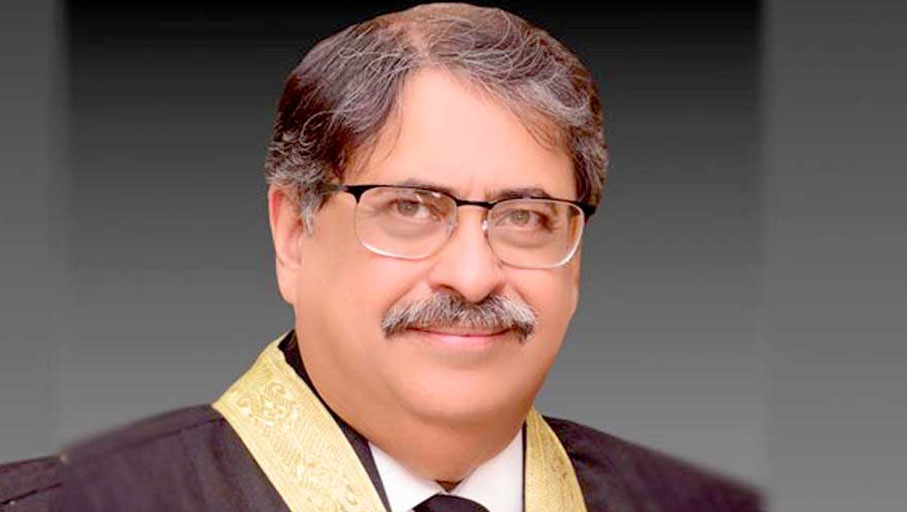Pakistan's Supreme Court Critical of Government's "Political Engineering"

Pakistan's Supreme Court has criticized the country's government for its alleged involvement in "political engineering," a practice where institutions prioritize toppling and installing governments over upholding the Constitution and serving the public good. In a recent hearing, two senior judges voiced their concerns, highlighting the state's inefficiencies and the need for greater accountability.
Justice Athar Minallah and Justice Jamal Khan Mandhokail lambasted the state for its lack of accountability, pointing out that despite the killing of three former Prime Ministers – Liaquat Ali Khan, Zulfikar Ali Bhutto, and Benazir Bhutto – no one has been held accountable. The judges also noted that senior judges in Balochistan and Sindh had been killed, and that investigations into these cases have been weak.
Justice Mandhokail expressed disappointment that people have lost trust in institutions, expecting the Supreme Court to handle everything, while Justice Minallah stated that even the apex court is only as truthful as the rest of society. The judges emphasized that it has taken 40 years to acknowledge the assassination of Zulfikar Ali Bhutto, and that someone should have been held accountable for the crime.
In a separate development, the Supreme Court ordered the arrest of a murder suspect who had absconded after securing bail, who had been on the run for several years. The court's decision highlights the state's inability to effectively conduct investigations and apprehend those who evade justice. The bench lamented the state's focus on pursuing political opponents rather than serving the common man.
The Supreme Court's criticism comes as two petitions were filed challenging the 26th Amendment, which introduces a rotating seat for a woman or non-Muslim on the Judicial Commission of Pakistan. The petitions argue that the amendment undermines equality and inclusivity, possibly reducing women and non-Muslims to tokenistic representation.
The Supreme Court's comments reflect a growing concern about the state's priorities and its impact on the country's institutions. As the court continues to push for greater accountability and adherence to the Constitution, the government faces increasing pressure to reform and prioritize the needs of the citizens.